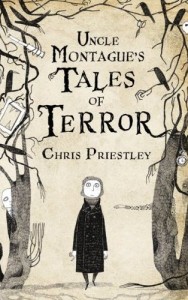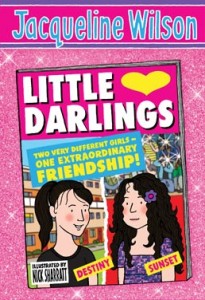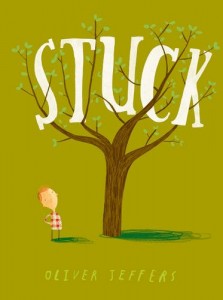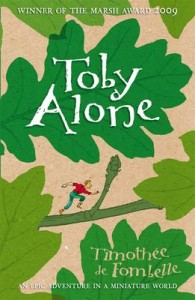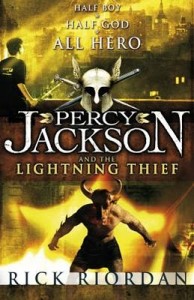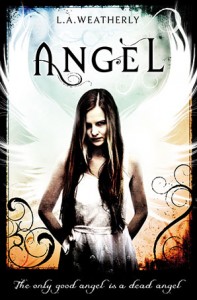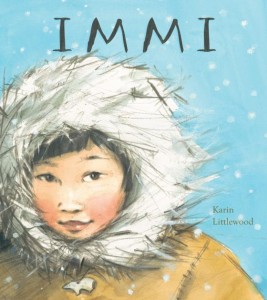Uncle Montague’s Tales of Terror
As a self-confessed lover of many of the ‘pleb’ genres (hello Andrew Mitchell) I adore ghost stories. One of the most well-thumbed books on my shelf as a child was the Usborne Book of Ghost Stories, and since then I have sought out the humble ghost story wherever possible. It may also be worthwhile to point out that only short stories will do for me (apparently I have always liked my frights bite-sized). I’m talking MR James, WF Harvey and virtually every Victorian writer worth their salt. Even Roald Dahl has a couple of ghost stories in his canon! Supernatural tales that leave the reader haunted by the text for days afterwards. Particularly at night once you are in bed…
You might not think that children’s books contain many good quality, genuinely creepy tales – but like many other assumptions about children’s literature this one is wrong! Neil Gaiman’s Coraline would be an obvious example of a sinister book, but what about my favourite short story genre? What would I recommend as a great read for this Halloween?
If you want to be incredibly freaked out then I suggest you buy Chris Priestley’s Uncle Montague’s Tales of Terror. Although ‘aimed at children’ and written by a modern author (pre-1940s ghost stories are generally so much better than more recent ones!) the stories are just as sinister as any aimed at an adult audience. They centre around Edgar, a boy listening to his uncle’s strange tales behind several artefacts in his rather peculiar house.
The stories Uncle Montague tells to the goody-goody Edgar range from the slightly hair-raising to the full on I’m-so-creeped-out-I’m-not-really-sure-if-I-want-to-turn-the-lights-out-yet variety. There are many scenes that I am sure that parents of the overprotective variety would disapprove of, from the reanimated mutilated corpse of a cliff fall victim to a sinister elm tree reminiscent of MR James’ ash tree.
But it is the macabre Offerings that haunts me late at night and makes my skin prickle. I won’t spoil the story for you here, as part of the fun is the skilful build up of suspense and the gaps left for the reader to fill. Oddly, this was not my favourite when I initially read the stories, but it is the one that stayed on my mind. Perhaps the scariest stories are the ones that let the reader’s imagination supply the terror?
These stories will scare you as much as any good adult ghost story and are thus perfect for Halloween. Maybe good fodder for Neil Gaiman’s All Hallow’s Read initiative?
Just don’t, whatever you do, read them on your own…
What do you like to read at Halloween? Have you got any more scary recommendations?
Lauren

